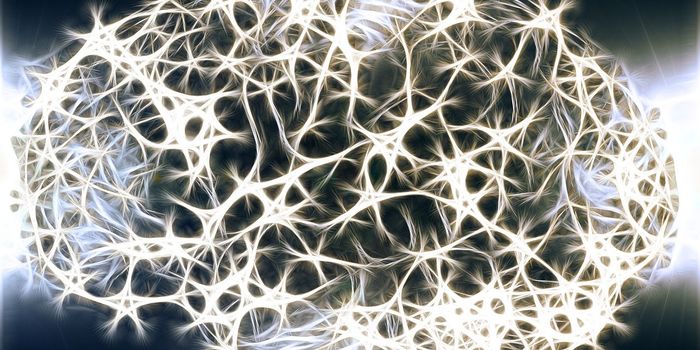People with Autism have Fewer Fatty Sheaths Between Neurons
Myelin, a fatty substance, accelerates the delivery of electrical signals between neurons in the brain. Now, researchers have found that people with autism may have less cells in the brain needed to create this fatty sheath, perhaps negatively impacting brain function.
Although researchers have known for some time that myelin sheaths tend to be thinner among those with autism than those without, until now, they did not know the cause. Thus, towards this end, they conducted experiments to observe mouse models for genetic mutations that lead to Pitt-Hopkins syndrome, a genetic disorder related to autism. In doing so, they noticed irregular myelination alongside inconsistent expression of TCF4, a gene known to regulate the activity of oligodendrocytes, cells that in turn control myelination.
In particular, the researchers focused on myelination patterns in a nerve fiber bundle known as the corpus callosum, the area of the brain that bridges the right and left hemispheres- the right side being known for more emotional processing, and the left for more logical reasoning. They thus suspected that a lack of myelination here may have been somewhat responsible for autistic symptoms including poor social skills and emotional intelligence.
Curious about how this worked in the context of humans, they then compared myelin sheathing in the brains of people with autism to those without the condition. Finding similar results,, a further genetic analysis also revealed those with autism tended to carry mutated versions of TCF4 in regulatory regions. This was then correlated to a noticeable lack of mature oligodendrocytes in the brains of those with autism, when compared to controls, as well as an excess of immature cells, and a lack of myelination.
Co-author of the study, Joseph Bohlen said, “This makes us think that the cells that are myelinating are doing it properly, it’s just that there are not a lot of them.”
Now, the researchers intend to further their research by focusing on the creation of brain organoids with irregular myelination. They also intend to test compounds capable of targeting oligodendrocytes to increase the production of myelin. In doing so, they ultimately hope that children diagnosed with autism early on may be able to receive a treatment to reduce their symptoms before they manifest later on in life.
Sources: The Scientist, Nature and Spectrum News









